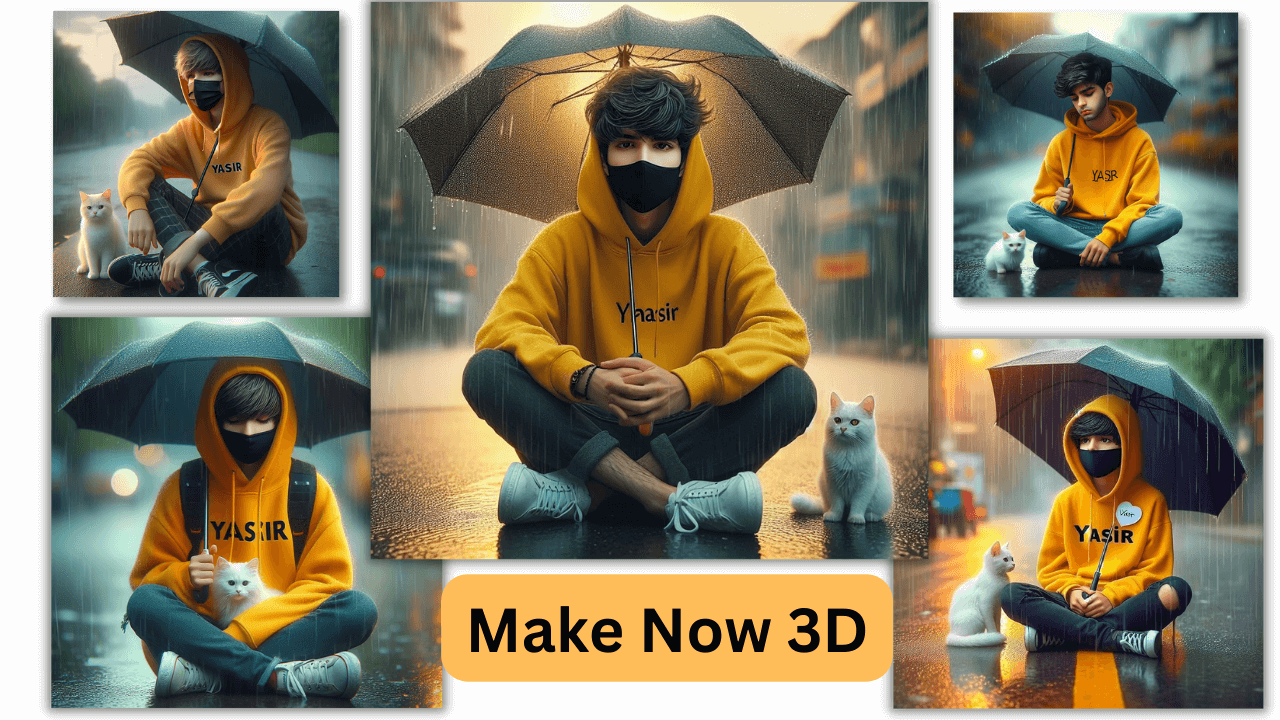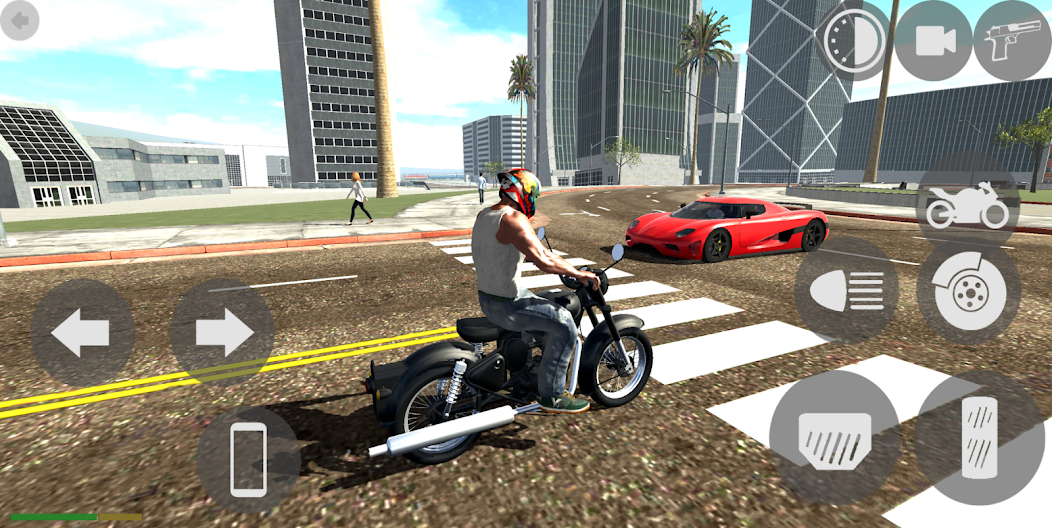Introduction to 3D AI Images
In recent years, 3D AI images have emerged as a revolutionary technology, blending the power of artificial intelligence with three-dimensional visuals to create stunning and realistic representations of objects, scenes, and even people. These images are not only visually captivating but also offer immense potential across various industries, from healthcare to entertainment.
Importance of 3D AI Images in Various Industries
Healthcare
In the medical field, 3D AI images have revolutionized diagnosis, treatment planning, and medical education. Surgeons can now visualize complex anatomical structures in three dimensions, aiding in surgical planning and improving patient outcomes. Medical students can also benefit from interactive 3D models, enhancing their understanding of intricate biological systems.
Education
In the realm of education, 3D AI images have transformed learning experiences by providing immersive and interactive educational materials. From biology classrooms to history lectures, educators can leverage 3D models to engage students and facilitate deeper comprehension of complex concepts.
Entertainment
In the entertainment industry, 3D AI images have become indispensable for creating captivating visual effects in movies, video games, and virtual reality experiences. From lifelike character animations to breathtaking CGI landscapes, 3D AI technology has pushed the boundaries of storytelling and immersion.
How to Create 3D AI Images for Free
Creating 3D AI images may seem daunting, but with the right tools and resources, anyone can unleash their creativity and bring their ideas to life without breaking the bank. Fortunately, there are several free software tools and online platforms available for aspiring 3D artists.
Software Tools
Popular software tools like Blender, SketchUp, and GIMP offer robust features for creating and editing 3D models. These open-source platforms provide a wealth of tutorials and community support, making them ideal for beginners and seasoned professionals alike.
Online Platforms
For those who prefer a more intuitive and user-friendly approach, online platforms like Vectary, Tinkercad, and Clara.io offer cloud-based 3D modeling tools accessible from any device with an internet connection. These platforms often feature pre-made templates and libraries, enabling users to quickly create stunning 3D designs without the need for extensive technical knowledge.
Step-by-Step Guide to Creating 3D AI Images
Now that you have chosen the right software or online platform, it’s time to dive into the exciting world of 3D modeling. Follow these steps to create your first 3D AI image:
Gathering Resources
Before you begin, gather reference images, textures, and any other resources that will aid in the creation of your 3D model. This will help ensure accuracy and realism in your final design.
Choosing the Right Software
Select the appropriate software or online platform based on your skill level and project requirements. Take advantage of tutorials and documentation to familiarize yourself with the tools and techniques available.
Creating the Image
Start by sketching out your design or importing reference images into the software. Use basic shapes and primitives to block out the overall structure of your model, then gradually refine the details and add textures to bring it to life.
Tips for Enhancing 3D AI Images
Lighting
Experiment with different lighting setups to create dramatic shadows and highlights that enhance the depth and realism of your 3D model. Pay attention to the position and intensity of light sources to evoke the desired mood and atmosphere.
Textures
Apply realistic textures to your 3D model to simulate materials like wood, metal, or fabric. Use bump maps and displacement maps to add surface detail and depth, creating a more convincing and tactile appearance.
Details
Don’t overlook the importance of small details in your 3D AI images. Add imperfections, scratches, and wear-and-tear to make your model feel lived-in and authentic. Pay attention to scale and proportion to ensure realism and believability.
Best Practices for Using 3D AI Images
Proper Attribution
If you are using 3D models created by others, be sure to provide proper attribution and credit the original artists. Respect copyright laws and licensing agreements to avoid legal issues and promote a supportive creative community.
Legal Considerations
Before using 3D AI images for commercial purposes, familiarize yourself with intellectual property rights and licensing requirements. Obtain permission or licenses for any copyrighted materials used in your projects to avoid potential legal disputes.
Text Copy
realistic Pakistani 20 Year old cute boy sitting on the road with an umbrella and a black mask on, wearing a yellow hoodie with name "Yasir" write on it, after rain and no Boys, beautiful lonely boy, with Cute white Cat, rainy mood, realistic picture, pretty girl standing in the rain, emotional picture,profile pic, rainy weather, beautiful realistic photo, ultra realistic picture, rainy day, very beautiful photo, hyperealistic photo, it is raining
Conclusion
In conclusion, 3D AI images offer boundless opportunities for creativity and innovation across various industries. Whether you’re a medical professional, educator, or aspiring artist, the power to create stunning 3D visuals is at your fingertips. By following the tips and techniques outlined in this article, you can unleash your imagination and harness the transformative potential of 3D AI technology.




